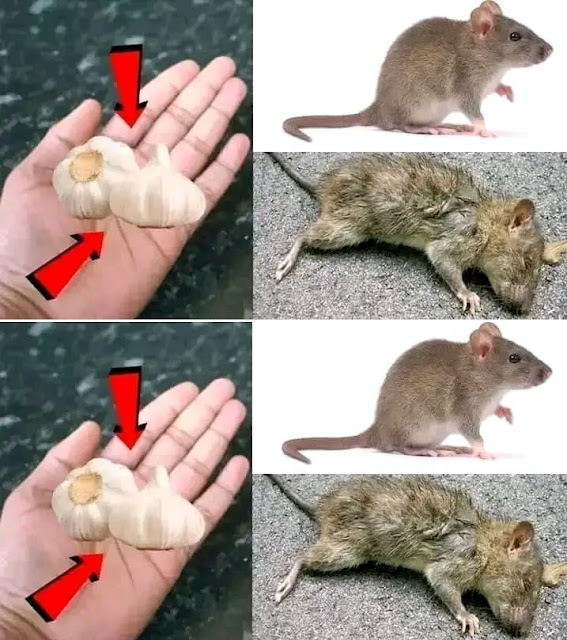In the realm of pest control, the question of ethics often arises, especially when dealing with sentient creatures like rats. While traditional methods may involve harsh chemicals or lethal traps, a more compassionate approach seeks to address the issue without causing harm to these animals. In this guide, we’ll explore a straightforward yet ethical method for rat abolition, focusing on prevention, humane trapping, and creating an environment that discourages their return.
Understanding the Problem:
Rats, though often viewed as pests, are intelligent and social animals capable of experiencing pain and suffering. Conventional extermination methods can inflict unnecessary harm and raise ethical concerns. Therefore, adopting a humane approach is not only compassionate but also effective in addressing rat infestations.
Prevention:
The first step in ethical rat control is prevention. Maintaining a clean living space is essential, as rats are attracted to food remnants and clutter. Store food in airtight containers and promptly clean up spills or crumbs. Seal any potential entry points, such as gaps around doors and vents, to prevent rats from accessing your home. Additionally, consider introducing natural deterrents like certain plants or predators to discourage rats from frequenting your outdoor spaces.
Humane Trapping:
Live trapping offers a cruelty-free method for capturing rats without causing them harm. Utilize humane traps baited with enticing foods such as peanut butter, chocolate, or dried fruit. Once captured, release the rats far away from your home in an area where they can find shelter and sustenance. Take into account their vulnerability to heat waves and release them during cooler hours, like dusk, to improve their chances of survival.
Maintaining Ethical Practices:
Beyond prevention and trapping, maintaining ethical practices is crucial for long-term rat control. Regularly monitor and address potential entry points to prevent reinfestation. Implement sustainable solutions such as proper waste management and the cultivation of rat-repelling plants to deter future infestations. While commercial repellents are available, prioritizing natural methods like cleanliness and habitat modification often yields the best results.
Conclusion:
In the quest for pest control, it’s imperative to consider the ethical implications of our actions. The approach outlined in this guide represents a step towards more compassionate and sustainable practices in rat abolition. By prioritizing prevention, humane trapping, and environmentally friendly methods, we not only address the immediate issue of infestations but also contribute to the well-being of both humans and animals.
Ethical rat abolition goes beyond mere extermination—it’s about fostering a sense of empathy and responsibility towards all living beings. As stewards of the environment, we have a duty to minimize harm and promote coexistence. By embracing ethical principles in pest control, we pave the way for a more harmonious relationship with the natural world.
As you embark on your journey towards ethical rat abolition, remember that every action counts. Whether it’s sealing entry points, setting humane traps, or creating an inhospitable environment for rats, your efforts make a difference. Together, let’s strive for a future where compassion guides our interactions with all creatures, big and small.
In closing, let’s continue to explore innovative and compassionate approaches to pest control, ensuring that our methods align with our values of respect, kindness, and stewardship. With determination and empathy, we can create a world where humans and wildlife thrive in harmony.
image source : home remediess easy










